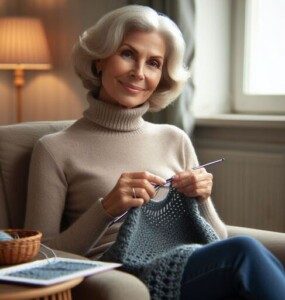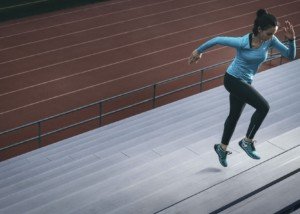HIIT boosts cognitive skills in older adults — and the improvement keeps going even if the exercise stops.
The University of Queensland researchers have conducted a groundbreaking longitudinal study showing that high intensity interval exercise (HIIT) significantly improves brain function in older adults and retains these benefits for up to five years.
Led by Emeritus Professor Perry Bartlett and Dr. Daniel Blackmore from UQ’s Queensland Brain Institute, the study involved healthy volunteers 65 to 85 who participated in a six-month HIIT program.
Professor Bartlett highlighted that this study of 2024 is the first controlled research demonstrating that exercise can enhance cognition in healthy older adults rather than merely delaying cognitive decline.
“Six months of high intensity interval training is enough to flick the switch,” he says in the paper.
Previous pre-clinical work by the team showed that exercise could activate stem cells and increase neuron production in the hippocampus, enhancing cognition.
Participants underwent biomarker and cognition testing, along with high-resolution brain scans, and were followed up five years later.
Remarkably, cognitive improvements persisted even if participants had not continued exercising.
Given the significant risk of dementia with aging, this study suggests that exercise could mitigate personal, economic and social costs associated with cognitive decline.
How the HIIT Study Was Done with the Older Adults
The study assessed three exercise intensities: low (motor function, balance, stretching), medium (brisk walking) and high (near-maximum exertion running).
Only the high intensity interval exercise showed lasting cognitive improvements.
Dr. Blackmore noted that MRI scans revealed structural and connectivity changes in the hippocampus and changes in blood biomarkers correlating with cognitive improvements.
The research, published in Aging and Disease, underscores the potential of HIIT to inform exercise guidelines for older adults and suggests further studies to explore genetic factors influencing exercise response and the use of biomarkers as diagnostic tools.
More Info on HIIT
Can Older Women Do High Intensity Interval Training Safely?
HIIT Q & A: High Intensity Interval Training All Questions Answered










































